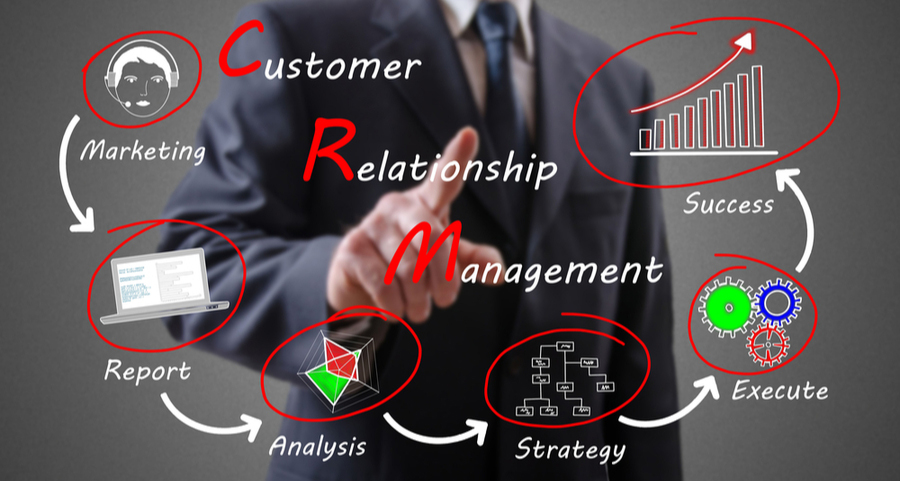CRM=LUV

The importance of capturing the value of a brand’s customer base has long been understood. Customer Relationship Management (CRM) and data collection for customer relationship purposes is a growing industry. The relationship between a brand and its customer base is the single most valuable relationship a business can leverage. Treating your customers as a valuable resource, as opposed to merely a brand consumer is important, and having the tools and knowledge in place to take advantage of this resource is key.
CRM Adds Value to Business and Brands Customer Experience
“Customer relationships start with a good understanding-standing, traditionally supported by primary research, and nowadays by far more reliable data on what folks actually do rather than say. Applying that understanding across product design, pricing, distribution and promotional mix leads to greater stickiness and value.” Tony Davis, Director at Quantium
The ability for companies now to be able to collect gigabytes of data on user interaction with their brand across all channels, has led to brands being able to forge an even more valuable relationship between brand and customer. From a customer’s perspective, they demand a highly personalised brand interaction. Having a good customer relationship forged via a good CRM system allows companies to know what a customer wants from the brand, before the customer even realises it themselves. This is achieved through the collection and understanding of how a brand’s customers behave, rather than the traditionalist focus on what they say. For instance, a brand can determine expectations in type, duration or platform that customers have in interaction with video content. From a brand’s perspective, they can now tailor user experiences to their customers. By being able to do this, brands can then provide a more valuable customer experience that leads to more brand resonance, and a more successful business.
The Future of CRM in the Modern Marketing Climate
The advent of social media and mobile technology is allowing for constant data collection, based on consumer behaviour rather than traditional categories of demographic, geographic or psychographic. Companies can now view the behavioural patterns of their customers. This has led to the ability for companies to segment customer via their behaviour, and tailor personalised content to those segments for optimal outcomes. In today’s modern marketing era, CRM is moving away from its association to the sales side of a business function, towards a touchpoint that is central to the customer experience story. As 1984-esque as it may be, it is now a reasonable thing to expect, a company to have a clear view and understanding of its customer interactions.
Challengers for CRM
“Brand and service owners need to be able to cope with the evolving and increasing consumer expectations.” Marek Rucinski, Managing Director at Accenture
As Marek Rucinski discusses, the challenge now facing companies in the field of CRM, is the ability to cope with the dynamic and fickle nature of customer wants and needs; as well as their capacity to deal with the immense data flow from customers who are savvy, multi-device digital users. According to Atul Tuli – APAC Senior Director, customers are more dynamic than ever:
“They’re constantly adapting to new experiences that quickly alter their perceptions of brands. As a result, customers journeys are now subjected to interruptions, diversions, impulses and delays. Moreover, when considering a purchase, consumers prefer to ‘pull’ information rather than have a product or service information ‘pushed’ to them.”
Steps to Success
Tuli suggest that for companies to succeed in the future at CRM, they need to:
- In real time, identify a shift in customer values and address them to build a positive customer relationship;
- Identify and take advantage of market trends as they develop, not after; and
- Begin to predict customer’s long term needs and wants and use that data to tailor a personalised, relationship building communication over the appropriate communication channels.
Companies now are striving to reach a new level of providing customers with a personalised customer experience with new worldly responsiveness to change. CRM is far from an outdated sales functional means and is the foundation for the next stage of marketing to a demanding set of 21st century consumers. Thank you CRM!















